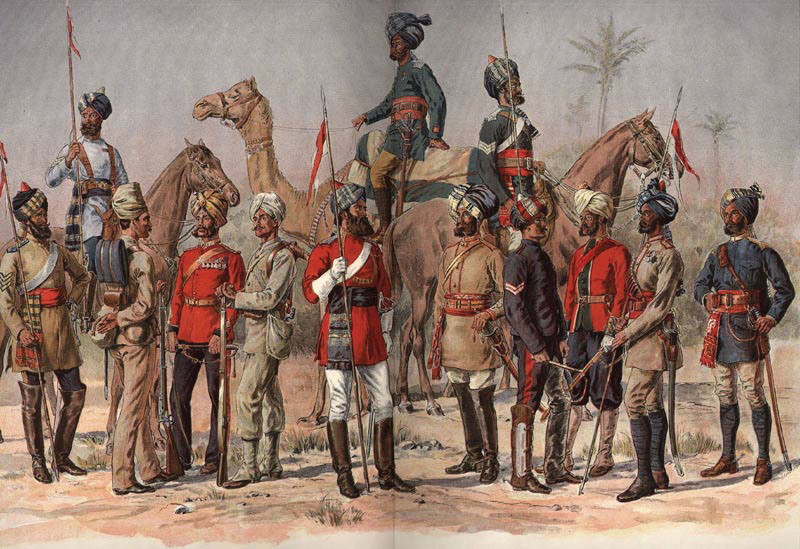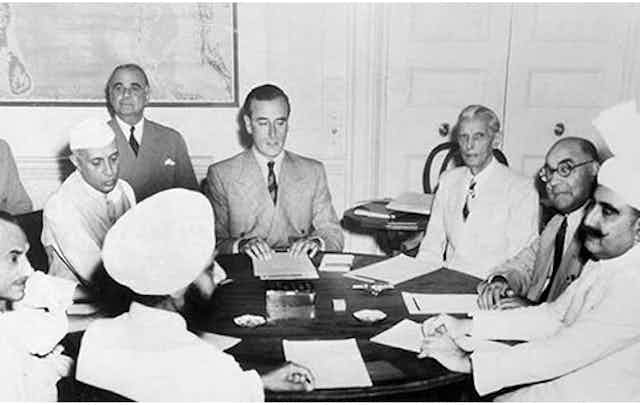significant part of the region's history. Here's a brief overview of the British rule in what is now Pakistan:

1. Colonial Period
British colonial rule in the Indian subcontinent began in the mid-18th century when the British East India Company gained control of various territories. This period saw the gradual expansion of British influence and control over parts of what is now Pakistan.
2. 1857 Indian Rebellion
The Indian Rebellion of 1857, also known as the Sepoy Mutiny or the First War of Independence, was a significant turning point in the struggle for independence from British colonial rule. The rebellion had several focal points, including Meerut and Delhi, which are now part of modern India, but it had an impact on the entire subcontinent.
3. Partition of Bengal
In 1905, the British authorities partitioned the province of Bengal, leading to significant political and social unrest. The province of Punjab, which is now part of both India and Pakistan, played a role in the anti-partition movement.
4. World War I and II
The two World Wars were significant events during British colonial rule. India and what is now Pakistan were involved in both conflicts, with soldiers and resources contributing to the British war effort.
5. Independence and Partition
The struggle for independence from British rule intensified during the mid-20th century. Pakistan, as a separate nation, came into existence on August 14, 1947, following the partition of India and Pakistan. The partition led to significant population migrations and tensions between Hindus, Muslims, and Sikhs.
6. Legacy
The legacy of British colonial rule in Pakistan, as in India, is complex. It had a profound impact on the region's politics, economy, culture, and society. The country inherited many institutions, legal systems, and educational structures established during the colonial period. British colonial rule also left a legacy of linguistic, religious, and cultural divisions that continue to influence the region to this day.

The history of British rule in the Indian subcontinent is a significant part of Pakistan's history and is studied and remembered in the context of the struggle for independence and the shaping of the nation's identity. It is a period marked by both the impact of colonial rule and the efforts of the people to secure their independence.

Social Plugin